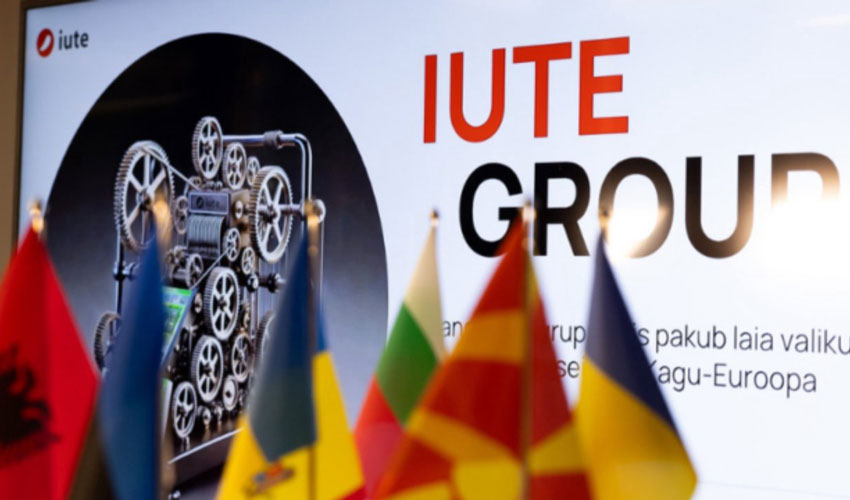
The initiative, funded by OSCE participating States, including the United States, Germany, Ireland and Norway, has reduced potential risks to human health and the environment and strengthened co-operation between experts from the two banks of the Dniester.
This information was presented during a public dialogue on chemical safety issues organized by the OSCE Mission to Moldova together with the NGO EcoContact. The mixed format event brought together some 50 participants from national institutions and expert organizations working in the fields of environment, energy and research, as well as representatives of civil society and development partners.
During the dialogue, participants reviewed the current PCB waste management system in Moldova and discussed the technical process for safe collection, packaging, transportation and final disposal. Participants also discussed the international procedures of the Basel and Stockholm Conventions, including transboundary transportation of hazardous waste and its environmentally sound incineration in Germany. Speakers emphasized that responsible waste disposal and transparent communication with the public play a key role in pollution prevention and chemical safety.
“Co-operation under this project shows that protecting people and the environment builds mutual understanding and trust between experts and institutions on both coasts,” said Georges Sand, Head of the Conflict Prevention and Resolution Programme of the OSCE Mission to Moldova.













